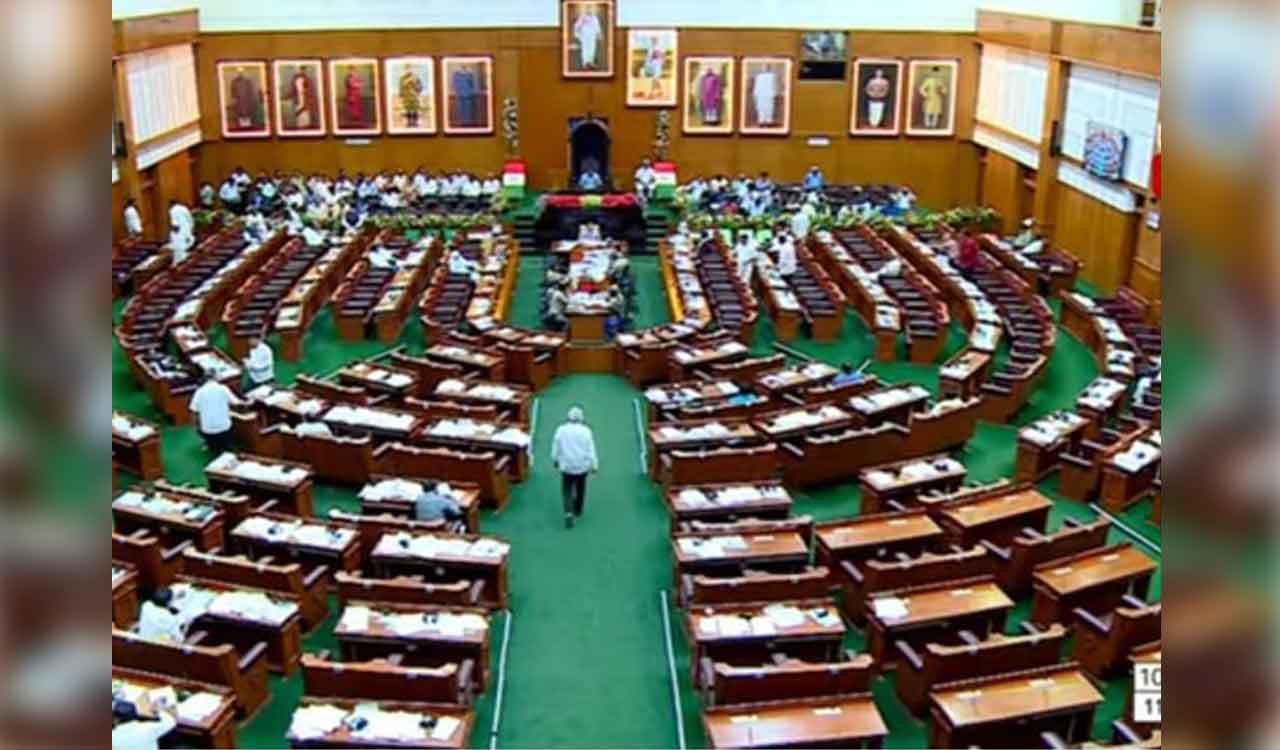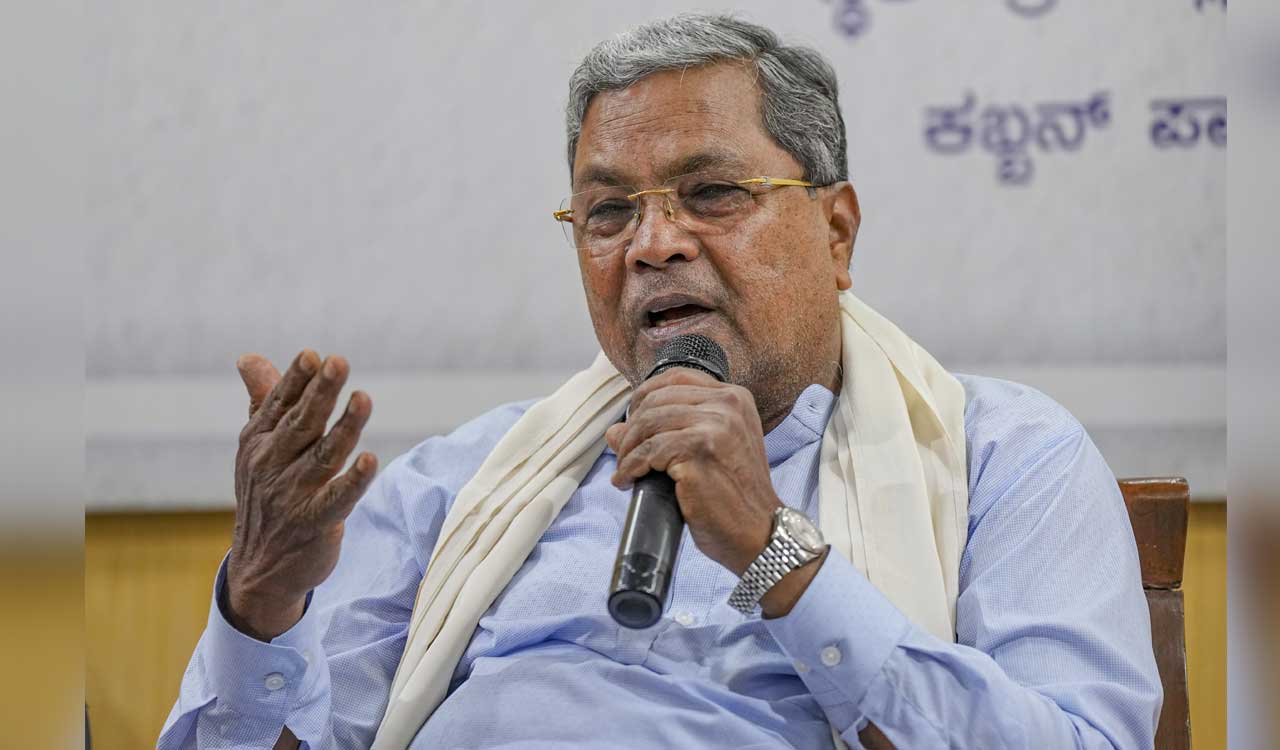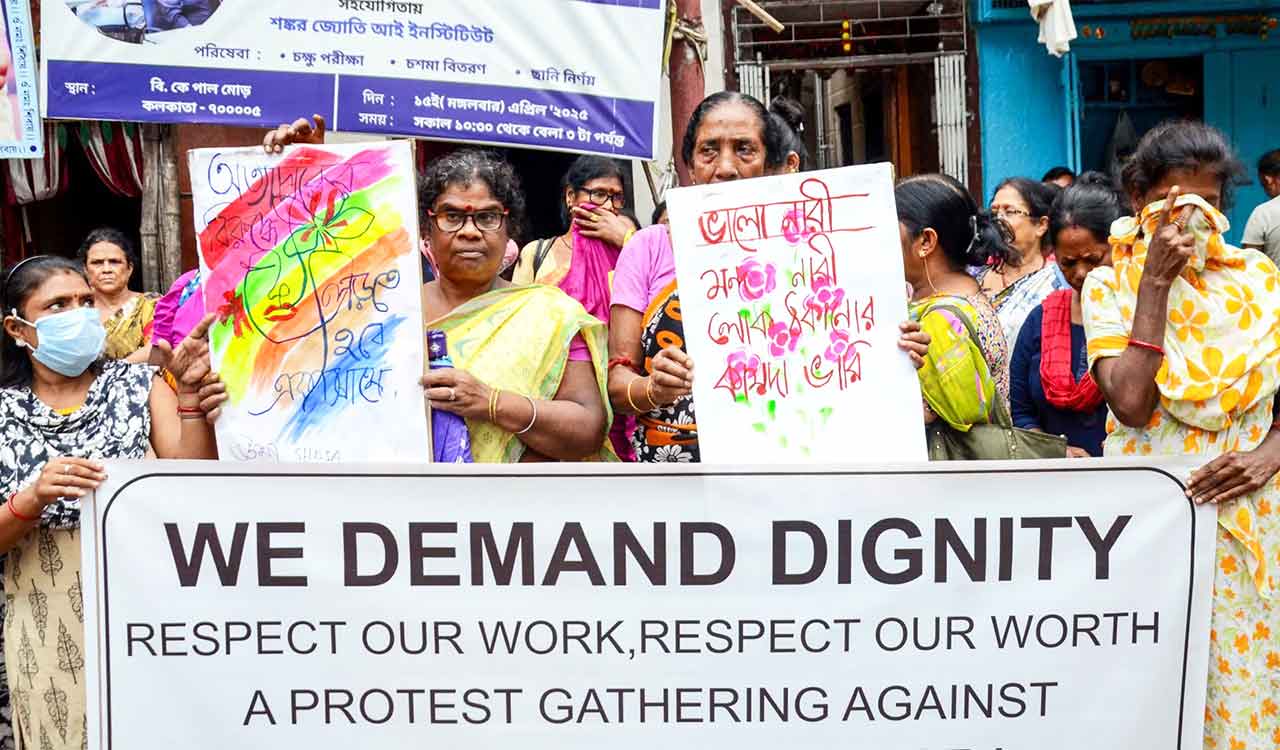Opinion: Medical salve for social justice
The opening up of medical colleges across India will help improve representation and make the profession more inclusive
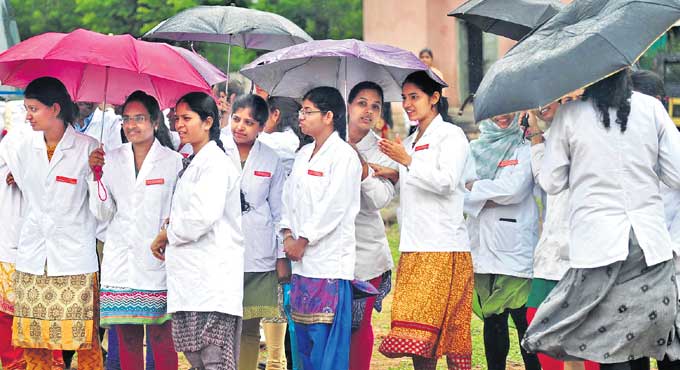
The extension of Reservations, irrespective of domicile, is a move in the right direction, for it is natural and inevitable. For a nation that is, according to its Constitution, a ‘Union of States’, any exclusion of the people from one part in another constitutes a nullification of this fundamental concept from which the nation derives its existence. There is no more gerrymandering, to apply a typical US term, but an assertion that the nation is one and belongs to everyone.
At a time when divisive forces are screaming, the application of the law pertaining to Reservations as done on 28 July 2021 by the government — to provide 27% to OBCs (Other Backward Classes) and 10% reservation to EWS (Economically Weaker Section) in the All India Quota scheme for medical courses — is a befitting answer.
Better Representation
The non-extension of these Reservations across India in the medical institutions is arbitrary, and amounts to a clear violation of the Supreme Court’s order, both in letter and spirit. Justice cannot be partial or piecemeal.
The opening up of medical colleges across India will help bring more representatives to the medical profession. A doctor from a poor background can better understand the problem of the poor. Medically and psychologically, the contribution can be immense, and more holistic, for sympathy and empathy are major factors in healing. More potential doctors studying in different parts of India can combine their wisdom and knowledge of local resources and approaches. This can only strengthen the medical profession.
The rich traditions of Ayurveda, Unani and Siddha can have a better spread and help the people more. With the passing of the law opening all the medical colleges and institutions, the constitutional provision for welfare has now been addressed in its fullest scope, and is a cause of celebration. It takes into consideration the traditionally weaker sections of society and offers a level playing ground to the poor across all sections. Let us remember that the true development of the people happens when there is education that is also economically productive.
Level-playing Field
Offering a greater scope to those members of society who are not able to compete on a level-playing field, the new implementation of the law makes for greater social justice and equality. Now a larger section of society can make a more satisfying contribution to the country.
The knock-on effect this will have on the general well-being of the nation is immense. No more are people divided and denied their rights by States and their borders. The seamless movement of people across the country will ensure better utilisation of capacity, and enable institutions to realise their potential while contributing to the growth and progress of the nation. They will play a fuller part in the integration of India.
It is also to be noted that the gap between the general category and reserved category has steadily narrowed, and we now have an almost on-par performance from all the applicants from the latter stream. Thus, the quality of the services will not be affected in the least.
Upper Poor
The pangs of poverty are no less for people who belong to the upper castes. They too are placed at a comparative disadvantage right from childhood. Inadequate meals, poverty of academic atmosphere, unfavourable conditions for study at home can be debilitating over generations. The focus on the EWS highlights the conditions of a people who have been neglected for ages.
By giving them a 10% quota, the government has risen to its responsibility well. In the body politic, there cannot be weaker and stronger social sections simultaneously without the whole country suffering. Let us remember that poverty is one of the main causes of crime and unrest in any country. Alleviating poverty will be a major move towards equity and justice, and social peace and well-being.
By tapping the talent in all classes, the country stands to benefit in the utilisation of talent, social well-being and economic prosperity. Like a more powerful radar that is able to spot smaller things, the government’s concern and awareness have reached the lowest people in society so as to cover everyone.
In Synergy
There have been comments that the government and the Judiciary are not always in synergy with each other. This is a serious charge since a house divided cannot stand. It can now be said that this move will bring more justice to the people who really need it.
The more correct and more perfect implementation of the law is also in keeping with the directions of the Constitution in one of its most important sections, the Directive Principles of State Policy. As everyone knows, these are non-justiciable but have come to play an increasing role in governance due to the government’s own inclination towards a Welfare State. The makers of the Constitution did not make them justiciable not because they did not deserve to be made so, but only because at that time of writing it, the country was not in a position to realise the aims and objectives enshrined therein.
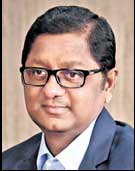
Prof Suresh Kumar Erpula
As the country has progressed economically and socially, and the government as a whole gained more strength and experience with its growing sense of responsibility, the time has come to put the Directive Principles into practice pragmatically and programmatically. This is “sab ka saath, sab ka vikas” at its best and in most humane form.
Our country believes and thrives on the exalted principle of “Vasudhaiva Kutumbakam”, the world as one family. Let us remember that charity begins at home. And by taking care of our own people who need help, we are also making the world a better place for all since it is interconnected.
(The author is Member, UGC, New Delhi, and Vice-Chancellor of The English and Foreign Languages University)
Now you can get handpicked stories from Telangana Today on Telegram everyday. Click the link to subscribe.
Click to follow Telangana Today Facebook page and Twitter .
Related News
-
GHMC approves key infrastructure projects across Hyderabad
9 mins ago -
Banjara Hills doctor loses Rs 10 lakh to online trading fraud
14 mins ago -
EPFO retains 8.25 per cent interest rate for 2025-26
36 mins ago -
GHMC excavation works near KBR Park to affect Banjara Hills, Jubilee Hills traffic
49 mins ago -
Oil tanker attacked in Gulf of Oman, Indian mariner onboard killed
1 hour ago -
TGSRTC restores T-24 ticket tariffs from March 1
1 hour ago -
Avio Smart Market Stack acquires minority stake in Huwel Lifesciences
2 hours ago -
Citizens flag alleged illegal spa rackets across Hyderabad
2 hours ago

